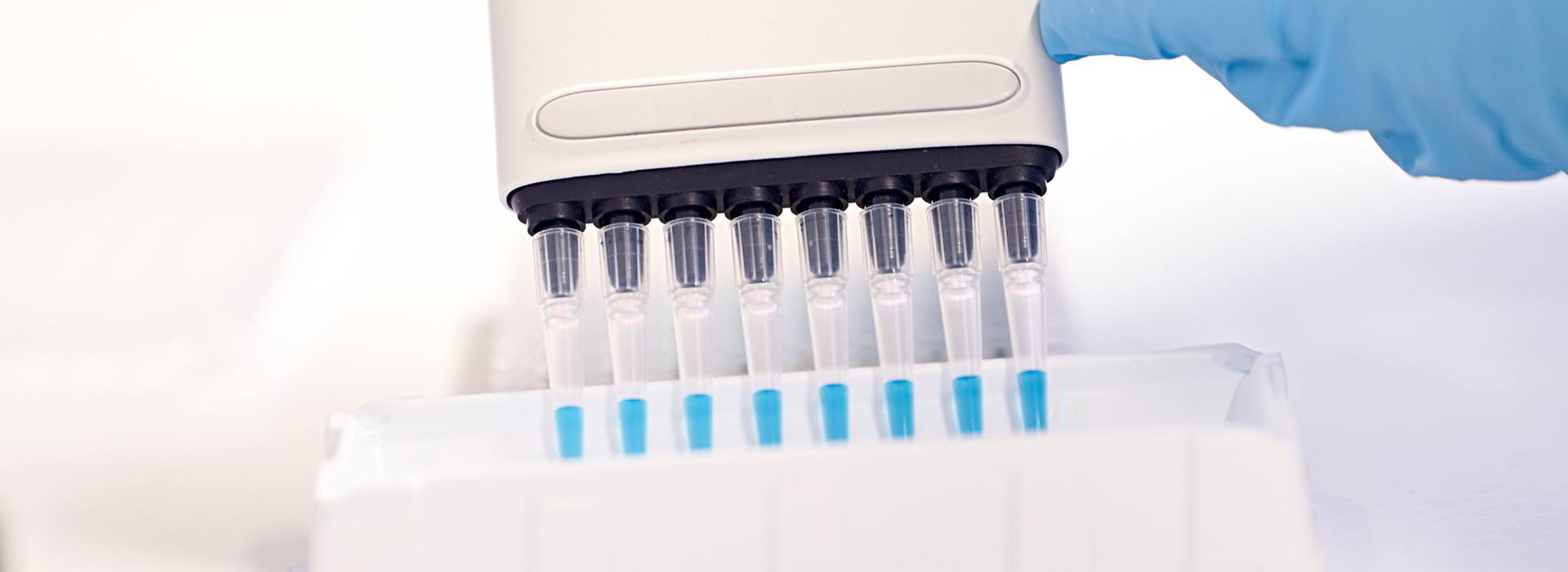
Secretoneurin (SN) in Cardiovascular disease
Secretoneurin’s role in heart function7
Cardiomyocyte Ca2+ imbalance is at the core of most triggered arrhythmias in CVD. The effects of SN on myocardial Ca2+-handling seem to suggest that the gene upregulation and increased protein production observed during myocardial dysfunction are beneficial and likely reflect a compensatory mechanism. Accordingly, SN is not only a very promising cardiovascular biomarker but also a direct cardiomyocyte Ca2+ regulator with therapeutic potential.
Potential clinical use
SN addresses a medical unmet need by providing prognostic insights and risk stratification of patients with life threatening arrhythmias to aid in patient selection for ICD treatment (implantable cardioverter-defibrillator).
The Italian GISSI-Heart Failure study6 demonstrated that SN provided strong prognostic information concerning the end-point death from all causes. This association remained statistically significant after adjustment for other known risk factors and risk markers, including age, sex, indices of the heart’s pumping function (LVEF) and indices of renal function.
The GISSI-HF study included patients with chronic heart failure with both reduced and preserved ejection fraction, suggesting that SN may predict death in both patient groups.
Circulating secretoneurin concentrations are increased in patients with acute heart failure in proportion to disease severity.
Secretoneurin is a strong predictor of mortality in patients with acute heart failure1, in acute respiratory failure patients with CVD4, in patients with severe sepsis3, and in patients with acute coronary syndrom7.
In a resent study concentrations of SN are strongly associated with mortality in patients presenting with cardiogenic shock, apparently integrating prognostic information from multiple organ systems8.
Several clinical trials now support the use of SN as a complementary biomarker to troponins, BNP and NT-proBNP which currently are the most frequently used biomarkers of heart failure development7.
References:
- Mark E. Anderson, Editorial: Will Secretoneurin Be the Next Big Thing? J Am Coll Cardiol 2015,65
- Ottesen et.al, Secretoneurin is a novel prognostic cardiovascular biomarker associated with cardiomyocyte calcium handling. J Am Coll Cardiol 2015 Feb 3;65(4):339-351
- Røsjø et.al, on behalf of the FINNSEPSIS and FINNALI Study Groups. Prognostic Value of Secretoneurin in Critically Ill Patients with Infections. Crit Care Med 2016 Oct;44(10):1882-90
- Myhre et.al, Prognostic Value of Secretoneurin in Patients with Acute Respiratory Failure: Data from the FINNALI Study. Clin Chem 2016 Oct;62(10):1380-89
- Røsjø et al, for the ALBIOS Biomarkers Study Investigators. Prognostic Value of Secretoneurin in Patients with Severe Sepsis and Septic Shock: Data from the Albumin Italian Outcome Sepsis Study. Crit Care Med 2018
- Røsjø et al, GISSI-HF study. Circulating secretoneurin concentrations provide independent prognostic information to established risk indices in patients with chronic heart failure. Eur Heart J, Volume 43, Issue Supplement_2, October 2022
- Omland, Interview, Clinical Laboratory International, October 2022
- Omland et.al. Prognostic Value Of Circulating Secretoneurin Concentrations In Patients With Cardiogenic Shock: The Cardshock Study. Poster presented at American College of Cardiology, New Orleans, March 4-6, 2023.
